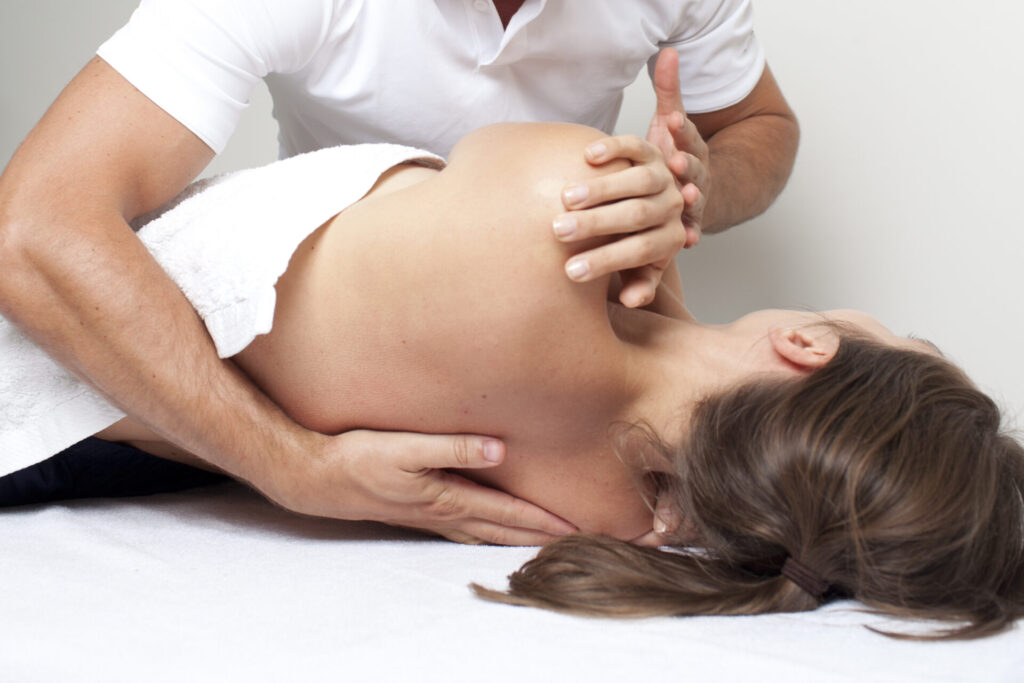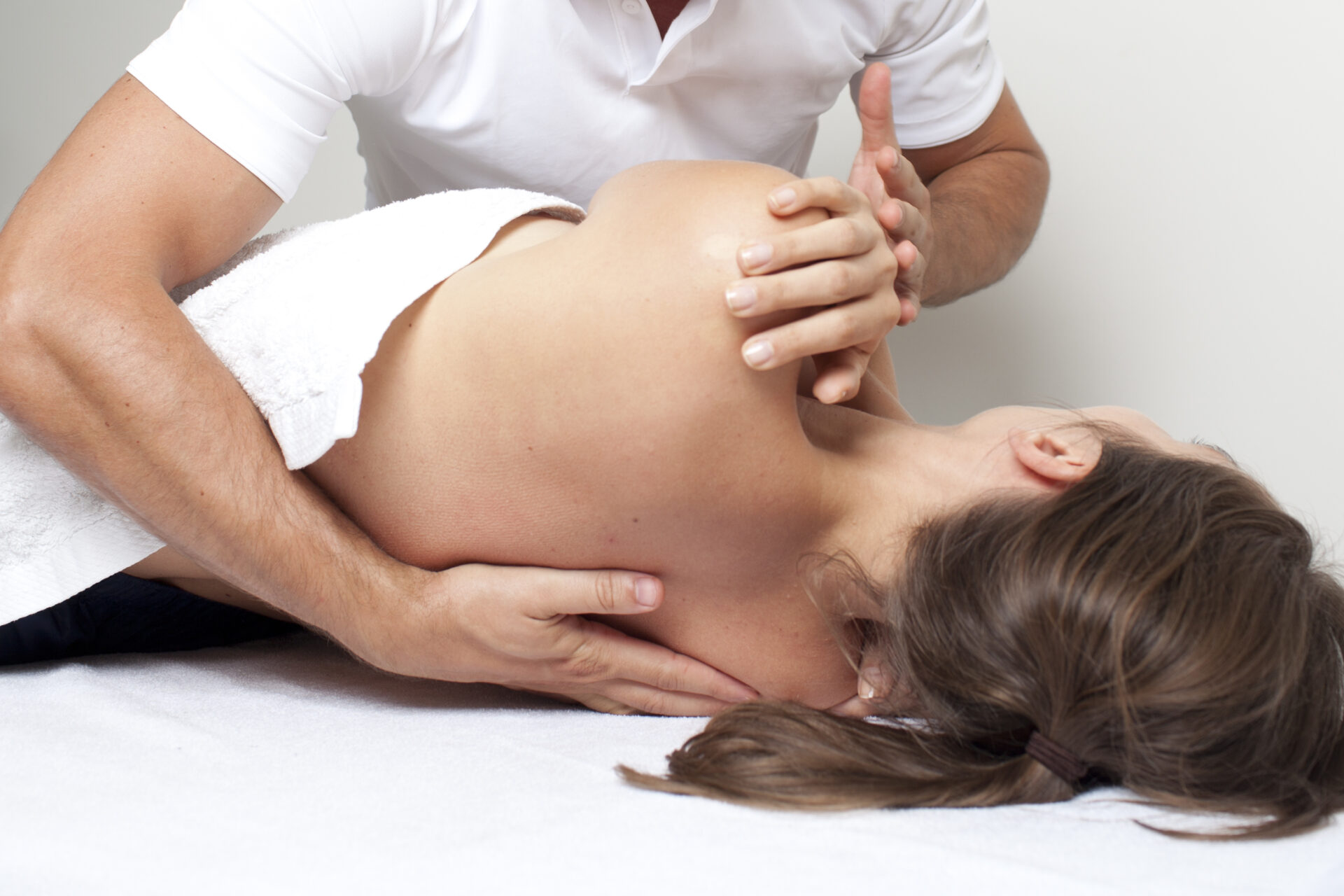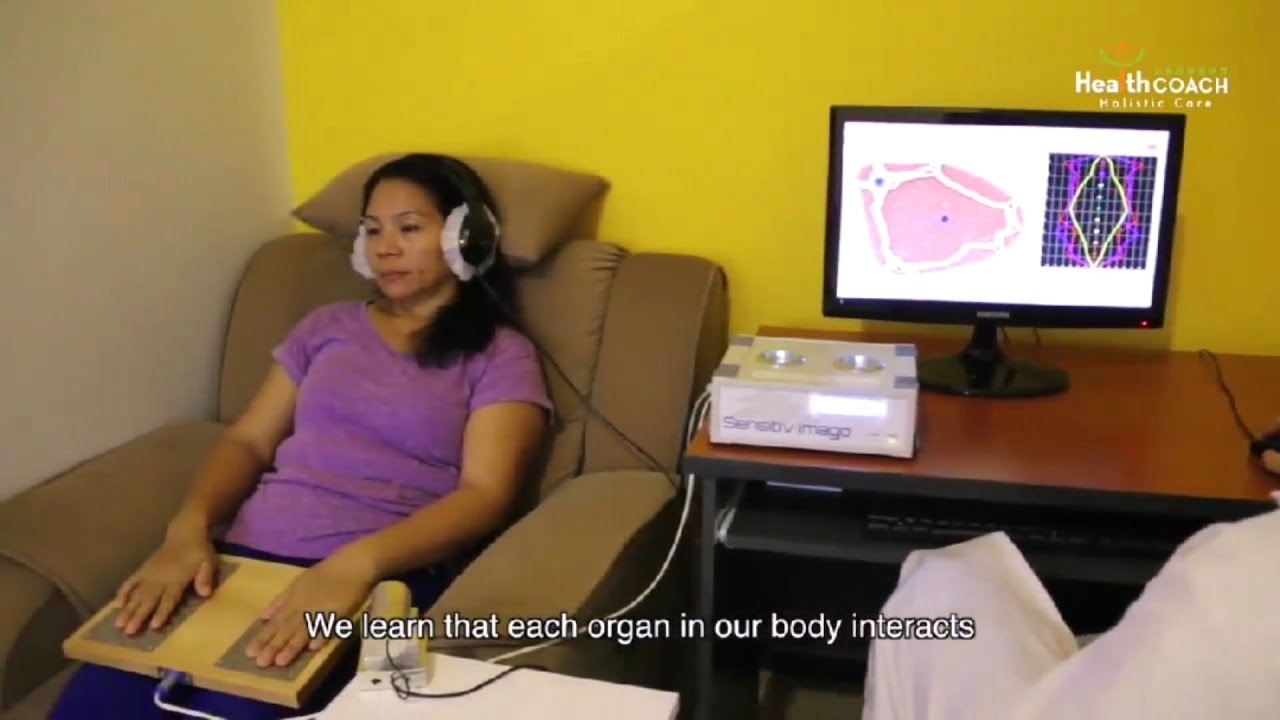Updates
Commonly used treatment approaches in Naturopathy
Some of the commonly used treatment approaches by naturopathic doctors include diet and lifestyle change, herbs and dietary supplement, homeopathy, manipulative therapies and psychotherapy.
Diet and lifestyle changes

With the belief that ‘Food is the best medicine’, naturopathic doctors will utilize various diets, foods, and enzymes to optimize the body’s healing process. The naturopathic doctors will assist the patient’s dietary change by providing individualized recommendations and educating the patient.
Herbs and dietary supplements

Naturopathic doctors will utilize herbs and dietary supplements to effectively manage the patient’s symptoms. It can be a major part of a naturopathic doctor’s practice. Single herbs are rarely where it is being used with one another, which are carefully formulated in quality and quantity.
Homeopathy

Based on the notion of ‘Like cures like’, describing that a disease can be cured by the substance that produces similar symptoms in healthy people. Together with the ‘Law of minimum dose’, stated that the lower the dose of remedies, the greater the effectiveness. Physicians will use the substance that has been diluted many times to treat the conditions, where it can be from plants, minerals and animals such as red onions, stinging nettles, crushed whole bees.
Manipulative therapies

This may include chiropractic, osteopathy and manual medicine, it is commonly used for musculoskeletal misalignment and problems. The underlying treatment involved soft tissue mobilization, joint manipulation, deep muscle massage, etc. Through careful application of force to bend and twist the body part, it helps to restore body function.
Psychotherapy

This treatment approach targets to restore the patient’s mental health, which aims to help a person identify their emotion, thoughts, and behaviours. The treatment examples may include cognitive-behavioural therapy (CBT) and relaxation techniques to enhance a person’s self-awareness, provide a sense of control in life and help in stress coping. The therapy can be done on 1-to-1 sessions, in a group, and even with the whole family.
What is the current evidence on Naturopathy?
According to the available evidence, the whole-system, multi-modality naturopathic medicine showed consistently positive results on health outcomes and quality of life across different health conditions, different countries and different approaches. The beneficial effects were shown for the condition including cardiovascular disease, Type 2 diabetes, musculoskeletal pain, polycystic ovarian syndrome, depression, anxiety and others.
This may be accounted for by the consistency of the underlying core concept governing naturopathic medicine that utilizes a common set of naturopathic medicine. The direction of future studies is recommended to be conducted in a real-life setting to derive high-quality evidence as well as to increase the amount and quality of global naturopathic research.
In conclusion, Naturopathic medicine is considered generally safe to be used as an adjunct therapy in addition to conventional medicine. However, the specific application needs to be personalized according to the condition and needs of the patient with certified naturopathic doctors.
References
Casarella, J., 2020. Psychotherapy [online]. WebMD. Available from: https://www.webmd.com/mental-health/mental-health-psychotherapy [Accessed 14 Aug 2021].
NCCIH, 2017. Naturopathy | NCCIH [online]. Available from: https://www.nccih.nih.gov/health/naturopathy [Accessed 14 Aug 2021].
NCCIH, 2021. Homeopathy | NCCIH [online]. NCCIH. Available from: https://www.nccih.nih.gov/health/homeopathy [Accessed 14 Aug 2021].
NHS, 2021. Homeopathy – NHS [online]. Available from: https://www.nhs.uk/conditions/homeopathy/ [Accessed 14 Aug 2021].
NIMH, 2021. Psychotherapies [online]. Available from: https://www.nimh.nih.gov/health/topics/psychotherapies [Accessed 14 Aug 2021].
SP, M. and V, V., 2019. The State of the Evidence for Whole-System, Multi-Modality Naturopathic Medicine: A Systematic Scoping Review. Journal of alternative and complementary medicine (New York, N.Y.), 25 (2), 141–168.
LATEST

完结篇-回顾综合诊疗服务

肠道水疗

整脊疗法

芳香疗法

生物共振疗法
POPULAR

完结篇-回顾综合诊疗服务

肠道水疗

整脊疗法

芳香疗法
